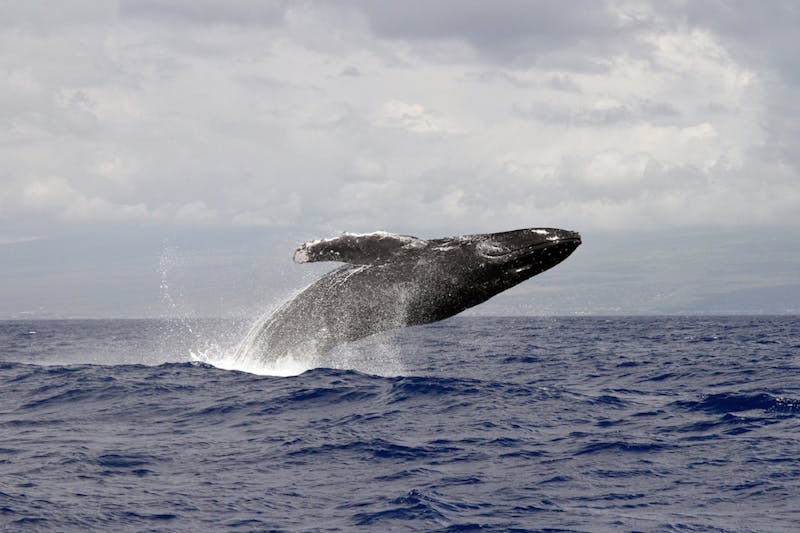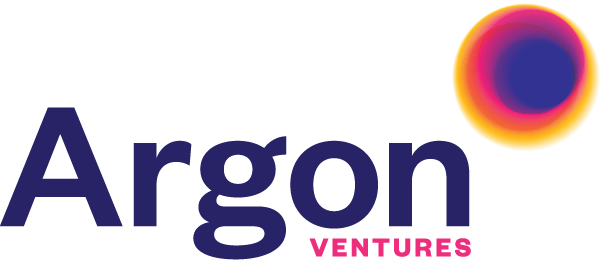We Represent the Whales

Last night I was reading Tom Nicholas’ well-regarded and oft-cited book “VC: An American History”. Nicholas describes that the origins of modern venture capital are based in the New England whaling industry. He describes that “whaling agents” were the precursors to today’s VCs with “especially striking parallels”:
"There were wealthy individuals able to supply finance and there were captains and crew willing to initiate and manage voyages, and whaling agents intermediated between the two groups in much the same way that today’s venture capitalists intermediate between … pension funds that supply risk capital and entrepreneurs capable of applying that capital to profit-making opportunities. Like venture capitalists, whaling agents charged fees and received a share of profits in return for intermediation…"
It's a fascinating historical read, and indeed, the parallels are intriguing to consider and some are apt. But I woke up this morning bothered by the metaphor. I do not believe it fairly captures the core of what we do everyday at Argon Ventures, and I wanted to understand why. So, like we often do at Argon, I tried to examine the structure Nicholas presented by “flipping the model or perspective” to see if it offered any new insight. It did.
It struck me that, in the whaling industry, value is only created by the destruction of the whale. Neither the investors, nor the agents, nor even the ship captains and crew -- none of them -- make any profit until the whale is quite literally slaughtered and sold off in bloody pieces.
That’s not what we do at Argon at all. In fact, to the contrary, at Argon, our success and our investors’ success depends entirely upon the success and growth of the whale, not its slaughter.
One part of what we do is to “feed” the whale to ensure its survival and to help accelerate its growth: We bring our own risk capital, plus the risk capital of our trusted LPs. And we help the company find additional, trusted and valuable capital. Another big part of what we do at Argon is to help “guide” the whale to help it learn how to flourish: We work closely with the company by offering our experience, domain knowledge, and our time and effort. We also help the whale grow by providing our personal and professional networks, helping the company find partners, customers, and valued employees and additional advisors.
Yes, our companies are part of a greater portfolio of whales (hopefully!) that we manage. Sometimes we need to make hard choices about the deployment of our limited resources of capital and of our time, ultimately guided by our conviction about what will drive the greatest growth. We best serve all of our constituents' interests by the greatest success of our portfolio. Unlike the perspective Nicholas offers, I say that, at Argon Ventures, we represent the whales!
